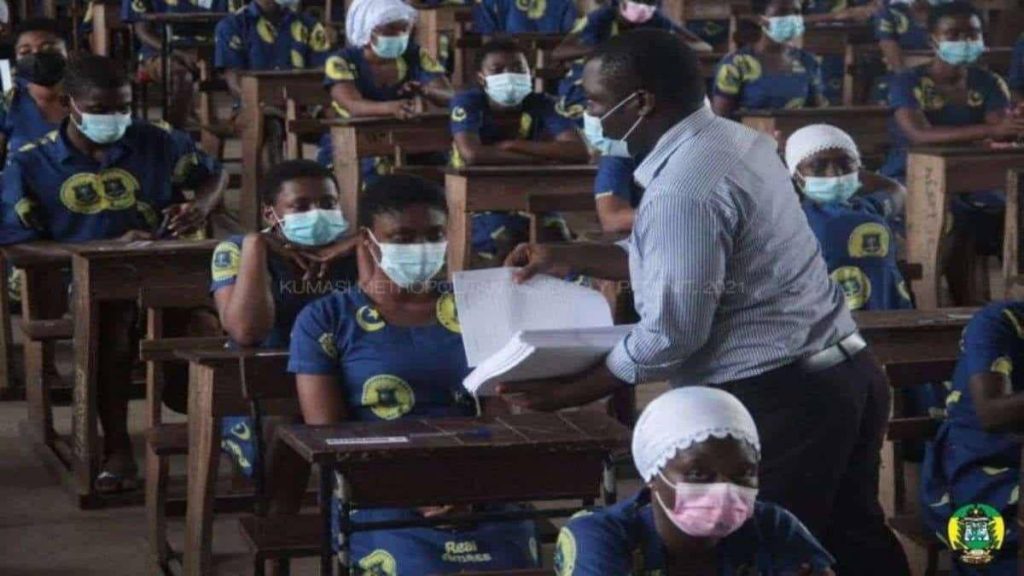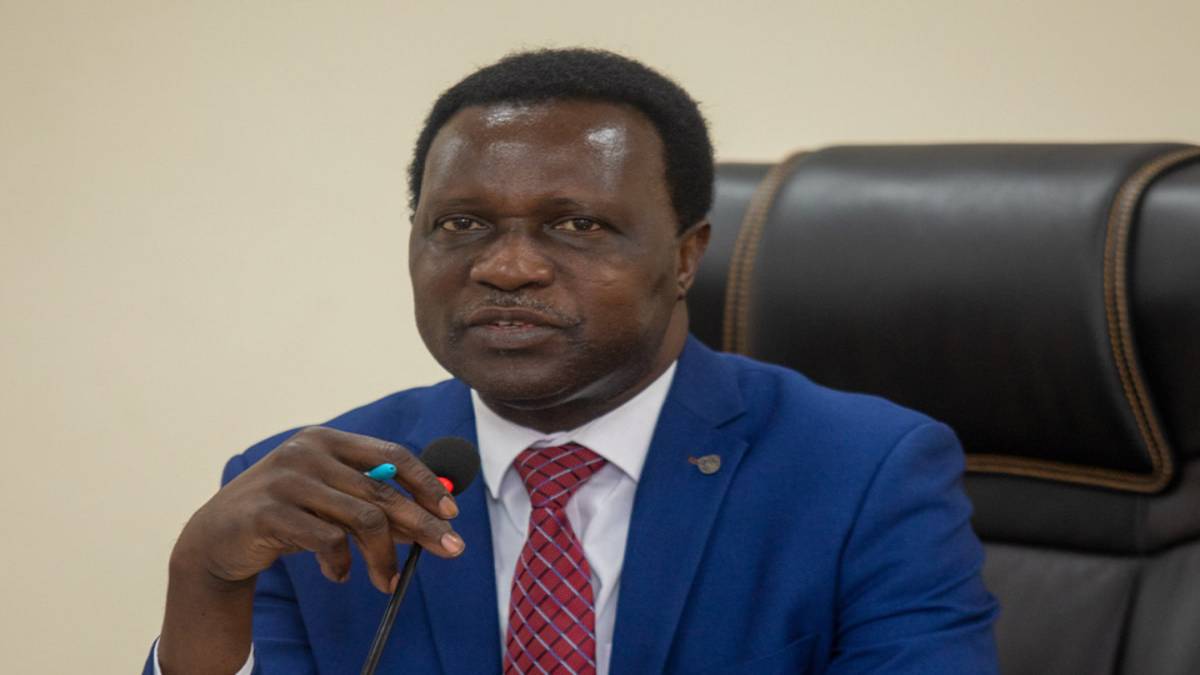Gov’t asked to sideline GES officials from WAEC exams invigilation

The central government has been urged to withdraw officials of the Ghana Education Service (GES) from invigilating and supervising examinations administered by the West African Examinations Council (WAEC).
“The idea of the invigilators coming from the GES, I think that we must stop it. Let WAEC recruit its own invigilators, and they are deployed only at the last minute,” Professor Stephen Adei has proposed.
Speaking in an interview monitored by Pretertiary.com, the Professor Emeritus at Ashesi University, said the scandal, where some supervisors and invigilators colluded with candidates to facilitate cheating, was not an isolated act of corruption but part of a wider erosion of values in the country.
“What is happening is a reflection of the moral degradation in our society,” Prof Adei said. “When you see politicians openly bribing their way, when people say that so long as we get money, even if we poison the whole nation, we don’t care, corruption in the public sector, the decadence in the homes, because it’s parents who are sponsoring this,” the Ashesi University professor said in the interview with Accra-based JoyFM.
Prof Adei argued that this culture of shortcuts has its roots in the failure of Ghana’s basic education system.
“Our primary schools, in the public sector, practically, the children go to school totally illiterate. While if you go to a place like Togo, by the second year in primary school, every child is literate,” he said.
Citing a 2016 World Bank report, he added: “We have what is called schooling without learning. If this is not addressed, these people therefore go through, and they have to have a way of getting some certificate anyway… hook or by crook.”
The professor at Ashesi University also recommended the use of personalised or serialised examination question papers in national and international examinations conducted by WAEC to curb cheating.
“In this day and age, all questions for every individual student can be personalised. You can generate it, so that in a package of hours, you do it on the computer straightaway. Even in multiple choice, every student doesn’t get the same,” Prof Adei explained.
Calling for tougher sanctions against Ghana Education Service (GES) officials engaged in exam malpractice, he said, “Let Parliament pass a law. If you aid and you are caught, you are in for five years.”
Professor Stephen Adei emphasised that “People will start learning sense whether they should go and get a thousand cedis and risk imprisonment for six months.”
Prof Adei also stressed that parents must not be left out, pointing out that many of them provide the money or mobile phones used by their children to cheat.
“This is really a serious offence. We must punish the teachers, the regulators, and parents whose children are caught,” he said.
His suggestion follows a documentary by Joy News titled ‘Dark World of BECE,’ which exposed examination malpractices in the just-concluded 2025 edition of the Basic Education Certificate Examination (BECE).
As seen by Pretertiary.com in the documentary, some supervisors served as informants, tipping off invigilators whenever WAEC or National Security officers visited exam centres for supervision and assessment of how the Basic Education Certificate Examination (BECE) was being conducted.



